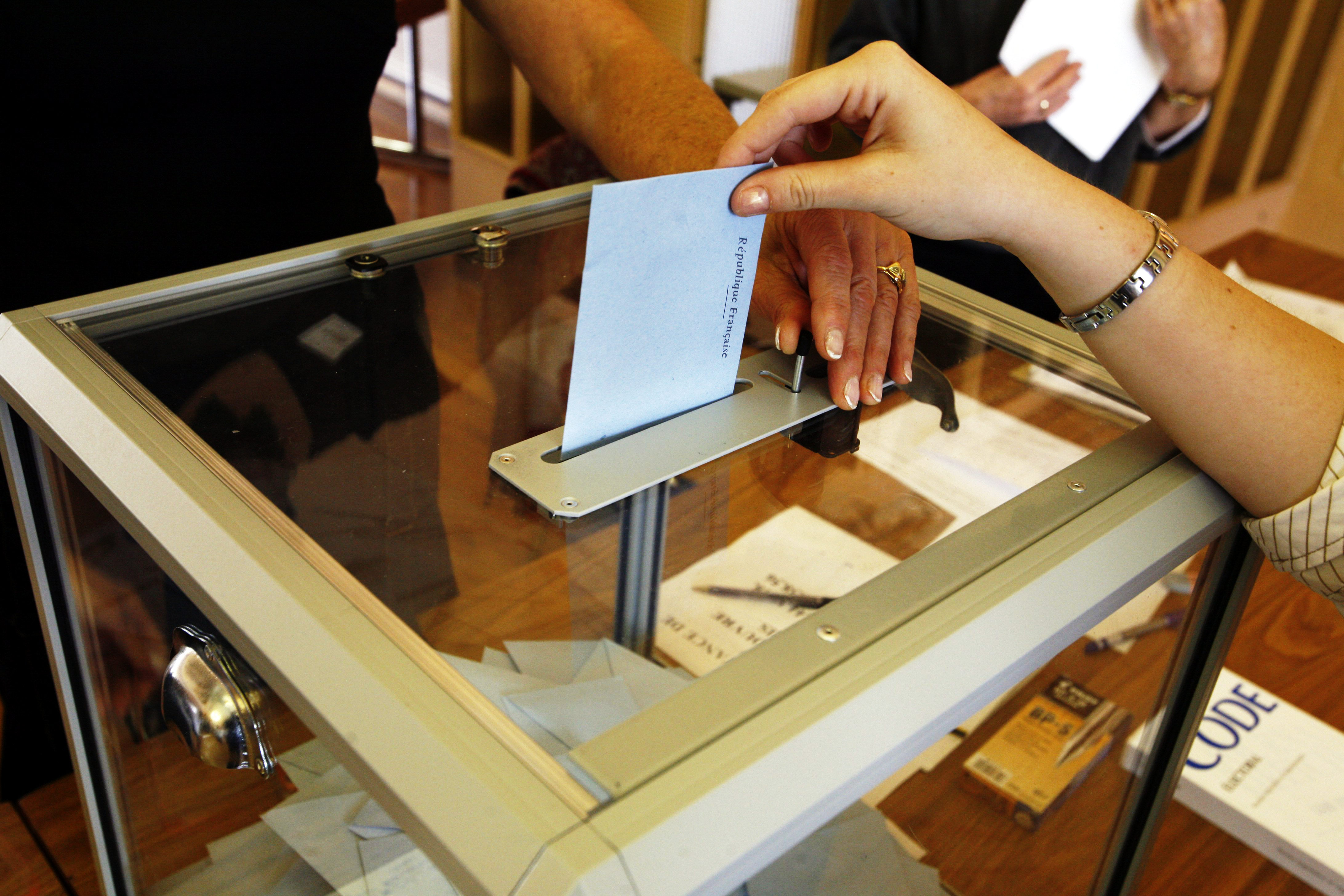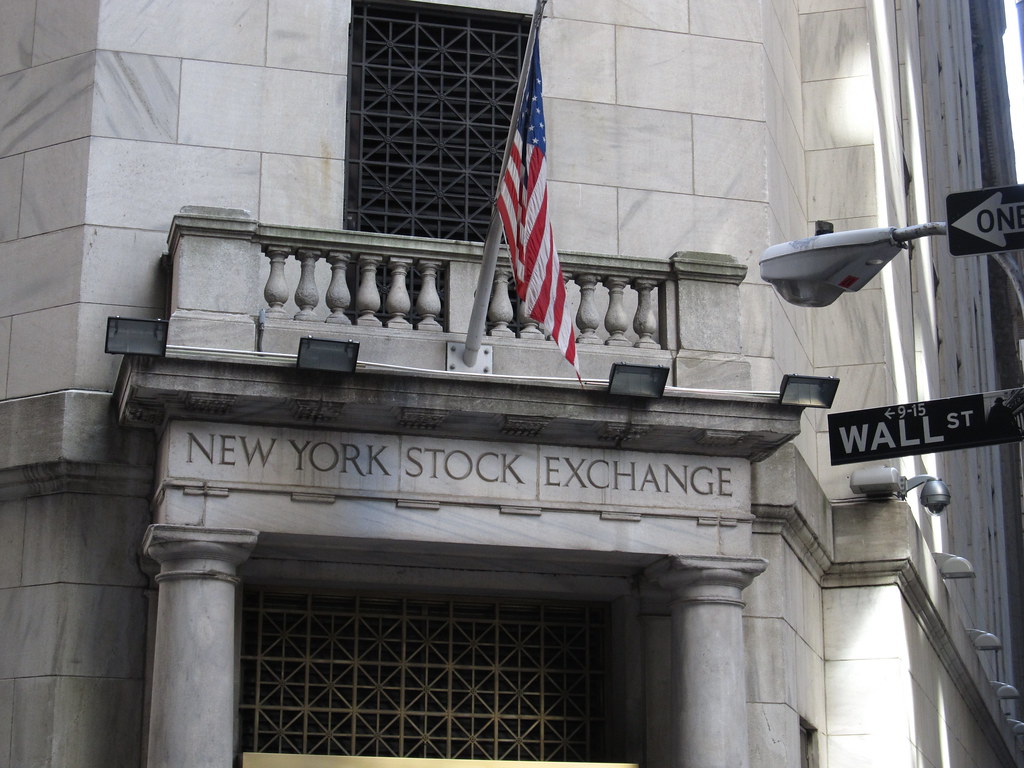Lobbyists' Influence over Legislature
How have PACs and lobbying firms in Washington, D.C. contributed to income inequality?
One theory about how inequality in America developed to the level it is at today regards politics and the way government policy favors corporations/organized interests. Studies have shown that American policy is significantly influenced by the opinions of those at the top of the income distribution and pro-corporation organized powers, while the rest of the country has little power to push back. The issues that are in the general public’s best interest are often outweighed in Congress by the power of private lobbyists and the interests that they promote. And since lobbyists are generally working for individuals or corporations that are already quite wealthy, the policies passed in Congress can seriously increase income inequality. Democratic candidates for President in 2020 have made this problem clear by repeatedly mentioning the ‘corruption’ in Washington or billionaires controlling the government. The question is then, how did the elite’s economic power allow them to amass so much political power?
At the
core of the issue seems to be the public’s overall lack of knowledge of
anything beyond very basic policy proposals. For instance, a very small
proportion of Americans actually know their Representative or Senator’s voting
patterns, which means the members of Congress are not always held accountable
for voting in their constituents’ best interests. Most citizens also have a
limited attention span for any particular issue and do not have the breadth of
background knowledge necessary to reliably determine pros and cons of each
perspective. Struggles over policy can be incredibly drawn out and difficult,
meaning only those with training and patience can consistently achieve their
goals. Organizations such as PACs and lobbying firms, including those defending the interests of large corporations and Wall Street, are much more specialized
and dedicated than the public, and therefore can effectively target specific
moments in the legislative process to make their impact. They can also simply
wait until the public has lost interest in the issue to make their move. Most
of the United States tends to see elections as more important and interesting
than day-to-day politics, but large organizations have the opposite perspective
-- in fact, most of the money spent by these groups is on lobbying in the
capital, as opposed to on influencing swing state voters.

The main reason that the power of lobbyists is a problem is that they almost always represent businesses or elite individuals as opposed to the majority of Americans. The beginnings of this inequality gap growth were in the early 1970s, when business leaders figured out that they could cooperate with other CEOs of large companies to promote interests of corporations as a whole, in addition to their own specific business. These powerful people formed networks with others who had similar political interests, and used these networks to push their agendas in D.C. During the ‘70s, corporate lobbying, donating, and PAC spending skyrocketed as business leaders found that they could influence policy by spending on congressional races. Candidates also found these donations beneficial, as this era was when costs of running campaigns began drastically increasing, partially due to the rise of TV. Since the ultra-wealthy began exerting their influence, the tax code has grown to be incredibly favorable to the top 0.1%, with the share of income that these citizens pay decreasing steadily and numerous loopholes inserted or protected by ultra-wealthy defenders. If the tax code had stayed the same for the top 0.1% between 1970 and 2000, the top 0.1% would have accounted for only 4.5% of the nation’s total income share in 2000, instead of seeing that number balloon to 7.3%. For the future, there seems to be no chance of this phenomenon changing, given that when poor and rich people disagree on an issue the policy in Congress almost always follows the will of the rich people. This is likely because of the generous donations from the elite or businesses that the candidates rely on. Politics in America turns out not to be truly representative of the overall population, but instead representative of the interests of a select few who are only interested in improving their own wealth. As long as this continues, improving social mobility or decreasing income inequality will be extremely difficult to accomplish on a large scale.
The United States’ democracy is
designed to allow all of their citizens to have a say in government policy, yet
the rich have no incentive to relinquish the power and wealth that they have
amassed over the last 50 or so years. It is so difficult to pass any kind of
legislation, with the various bureaucratic hurdles in Congress, and it is even
more difficult to pass a law that decreases income inequality when an enormous
amount of money is dedicated to preserving the laws which benefit the wealthy. This
must change in order to successfully reduce the wealth gap between the ultra-elite
Americans and the rest of the nation.
Works Cited
Hacker, Jacob S., and Paul
Pierson. Winner-Take-All Politics: How Washington Made the Rich Richer - and
Turned Its Back on the Middle Class. Simon & Schuster, 2011.




Playtika is a developer on Google Play with a few of} slots games. There are three select from|to select from} and so they have more or less the same mechanics. You get some starting money, wager it on the slots, and either way for extra when you go broke or hold enjoying in} when you win. Slotomania Slots is the developer’s hallmark 다 파벳 우회 주소 app and most of its complaints revolve around the rarity of the wins. If you’re okay with that, these are decent Android slots games. Pharaoh’s Way Slots considered one of the|is amongst the|is probably considered one of the} most popular slots games out there.
ReplyDelete